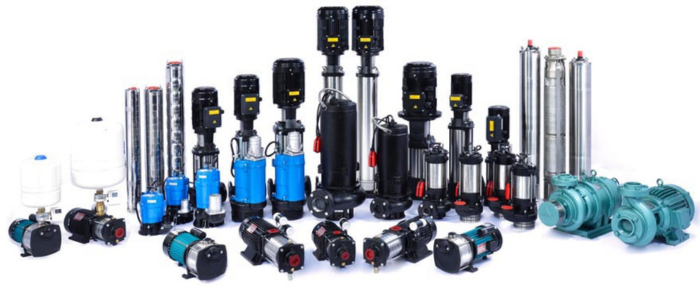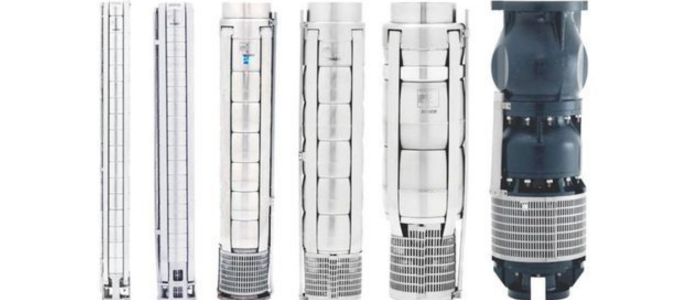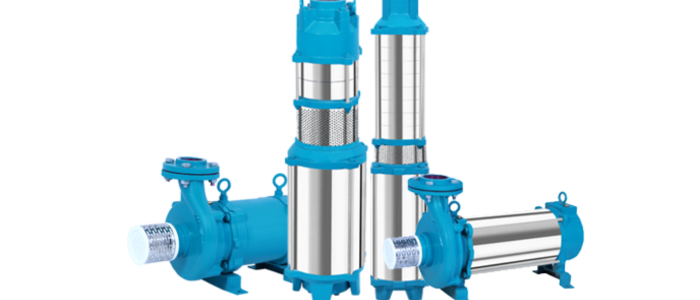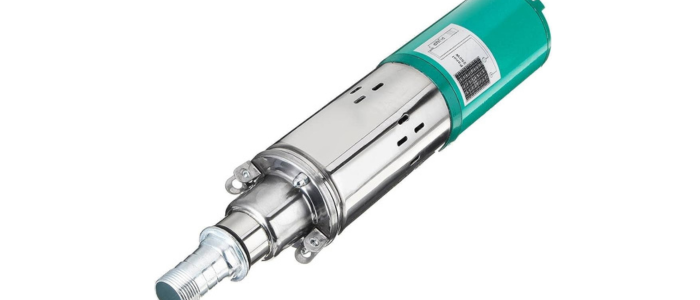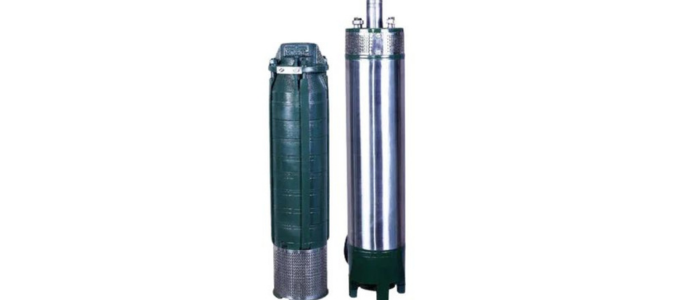Well pumps play an important role in many industries in supplying water from deep wells. These commercial pumps are designed to efficiently remove water from deep groundwater, making them essential for applications ranging from agriculture to manufacturing. Choosing the right pump is essential to provide safe and consistent water at depths of up to 100 feet. In the diverse business network that powers our world, one thing is crucial: water. From fertile farmland to complex machinery in production units, water is the lifeblood that supports growth and development. However, as the needs of these industries increase, so does the need to dig deeper into the earth’s crust to find these important resources. This is where the borehole pump takes the stage, serving as the unsung heroes for the business symphony of countless industries.
Well pumps play an important role in different industries:
Performance and power are important when choosing a pump for water applications. Centrifugal pumps are often preferred at depths up to 100 feet, as they can maintain relatively shallow depths. These pumps use centrifugal force to move water and are therefore suitable for deep wells. However, in order for the pump to carry water from the desired depth, factors such as pump size, engine and flow rate should be considered. Submersible borehole pumps are a popular choice for depths up to 100 feet. These pumps are designed to be submerged directly in water. This design eliminates the need for filling and prevents pump cavitation, increasing efficiency and extending service life. Submersible pumps are also known for their quiet operation and low maintenance. They are particularly suitable for drilling narrow diameter holes.
Pump data and structure are important to consider, especially for industrial use. Stainless steel pumps are often chosen for their corrosion resistance and durability, which ensures a long service life even in hard water. In addition, a well-designed pump should have thermal protection to prevent overheating and automatic control for proper water management. Proper development of the pump is important to ensure good performance.
An undersized pump may have trouble moving water from the desired depth, resulting in reduced performance and possible damage. It is recommended to consult a pump specialist or specialist who can calculate the pump to be used based on conditions such as diameter, water level and preparation used. This discussion ensures that the selected pump is suitable for the specific needs of the application. Regular maintenance is essential to keep pumps running smoothly. Regular inspections for debris, dirt and signs of wear can prevent failure and extend the life of your pump.
Having a routine maintenance schedule and a reliable service provider will ensure that your commercial pumps continue to perform at their peak for years to come. Consultation with pump engineering experts (the experts are their chisel) can support the decision by choosing good planning. Their insights turn options into advice to ensure that the chosen pump is not just a machine, but a companion on the journey to success.
Conclusion:
Investing in a quality pump is a testament to accuracy and innovation and a valuable asset to your business. It brings life to fields, factories and projects to enable them to thrive in the changing industrial environment. It enhances stakeholder confidence, which comes from the recognition of a reliable source of water beyond the obvious, which is the foundation of well-being. In summary, choosing the right well pump to a depth of 100 feet is an important decision for any business. Consider things like pump efficiency, submersible design, materials of construction, size and maintenance when making your selection. Consulting an industry expert and investing in a good pump will not only guarantee stable water, but will also help your business run smoothly.


